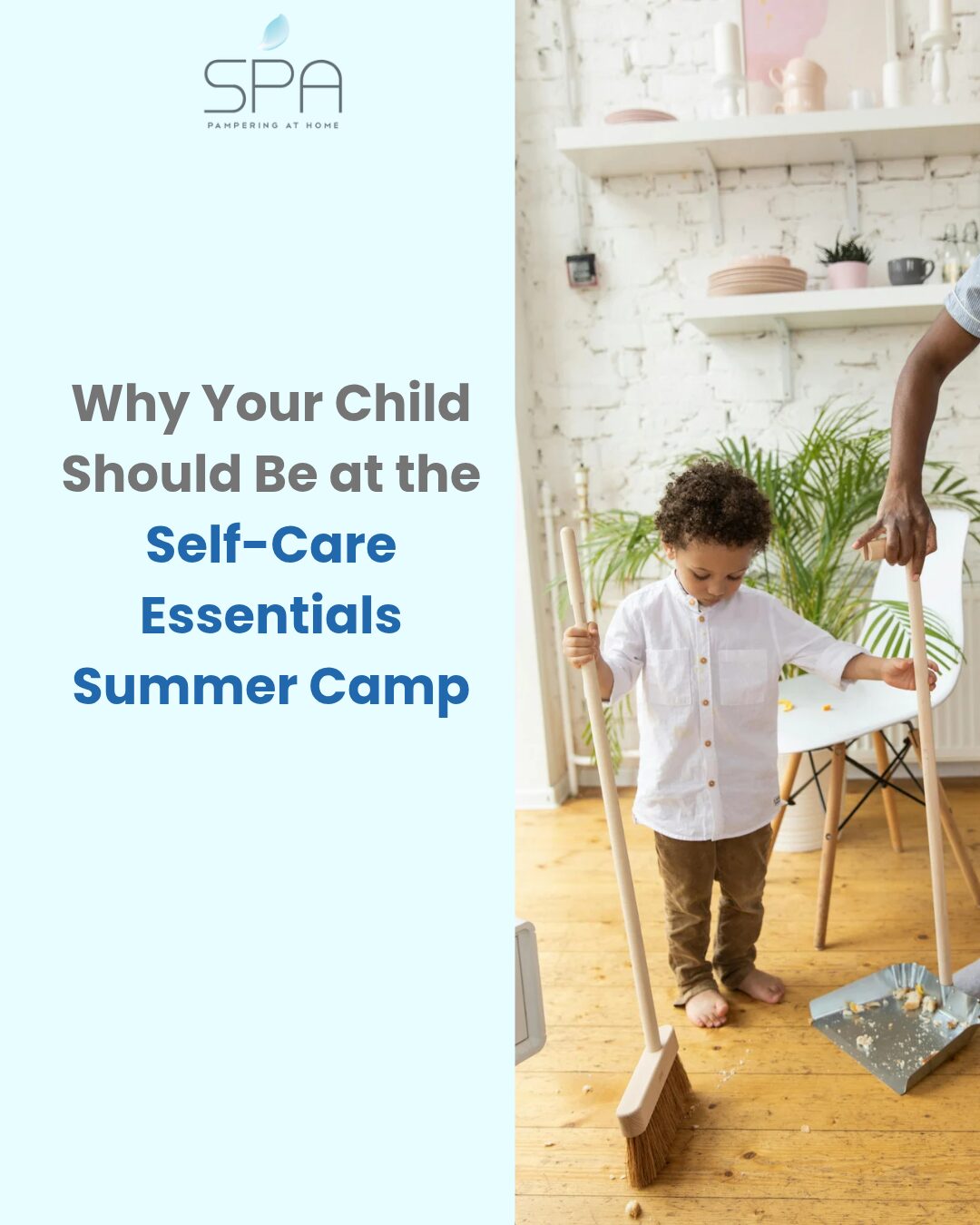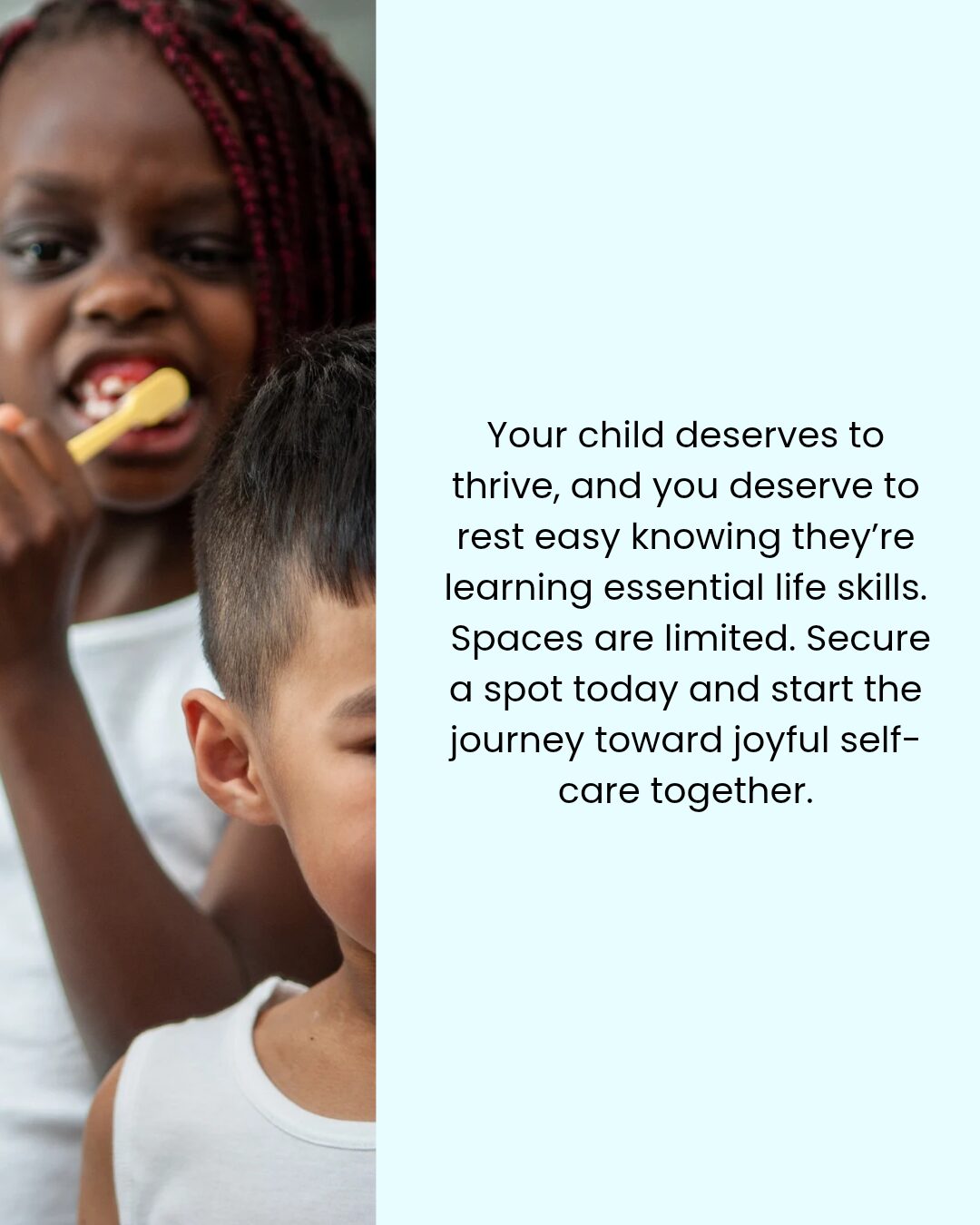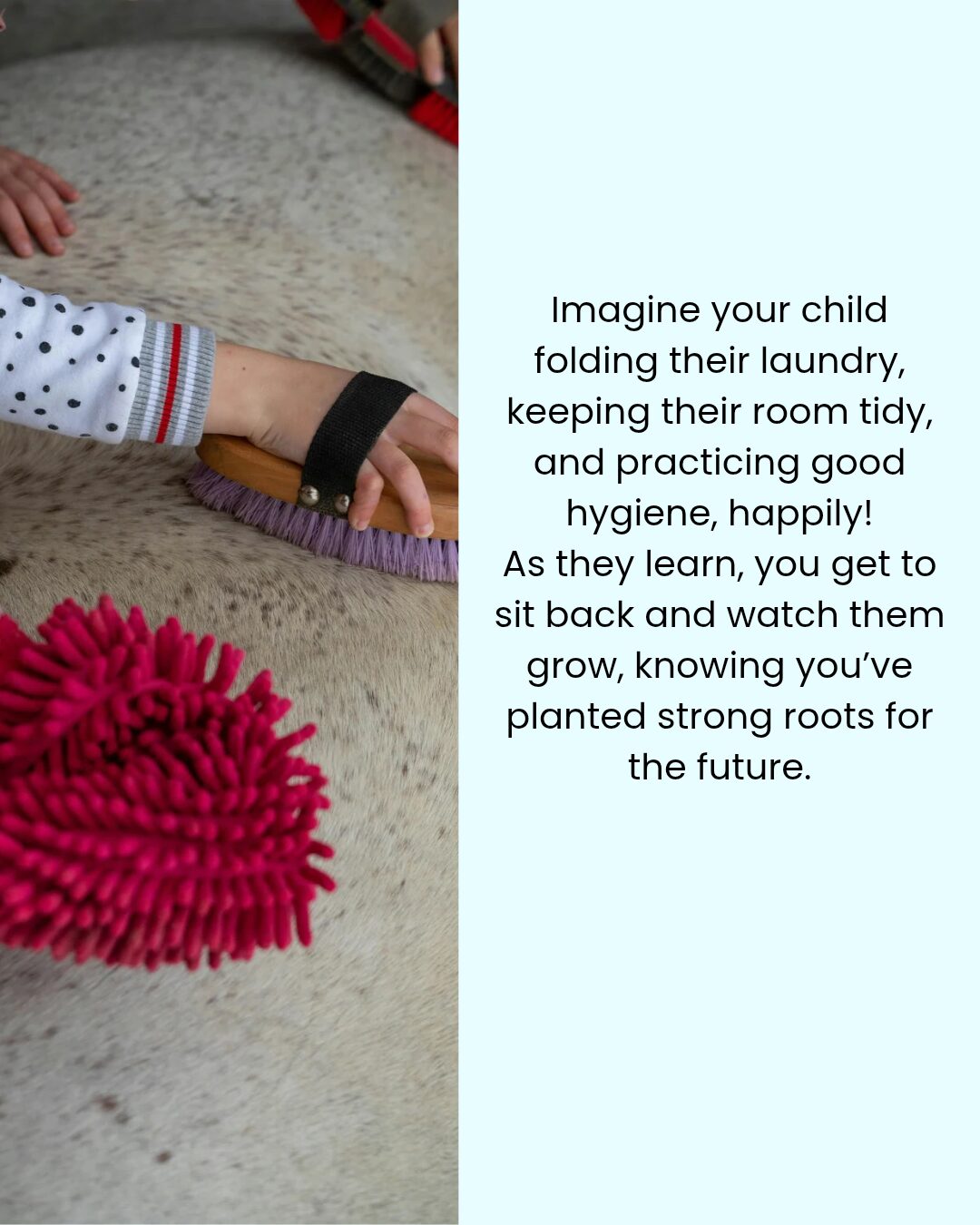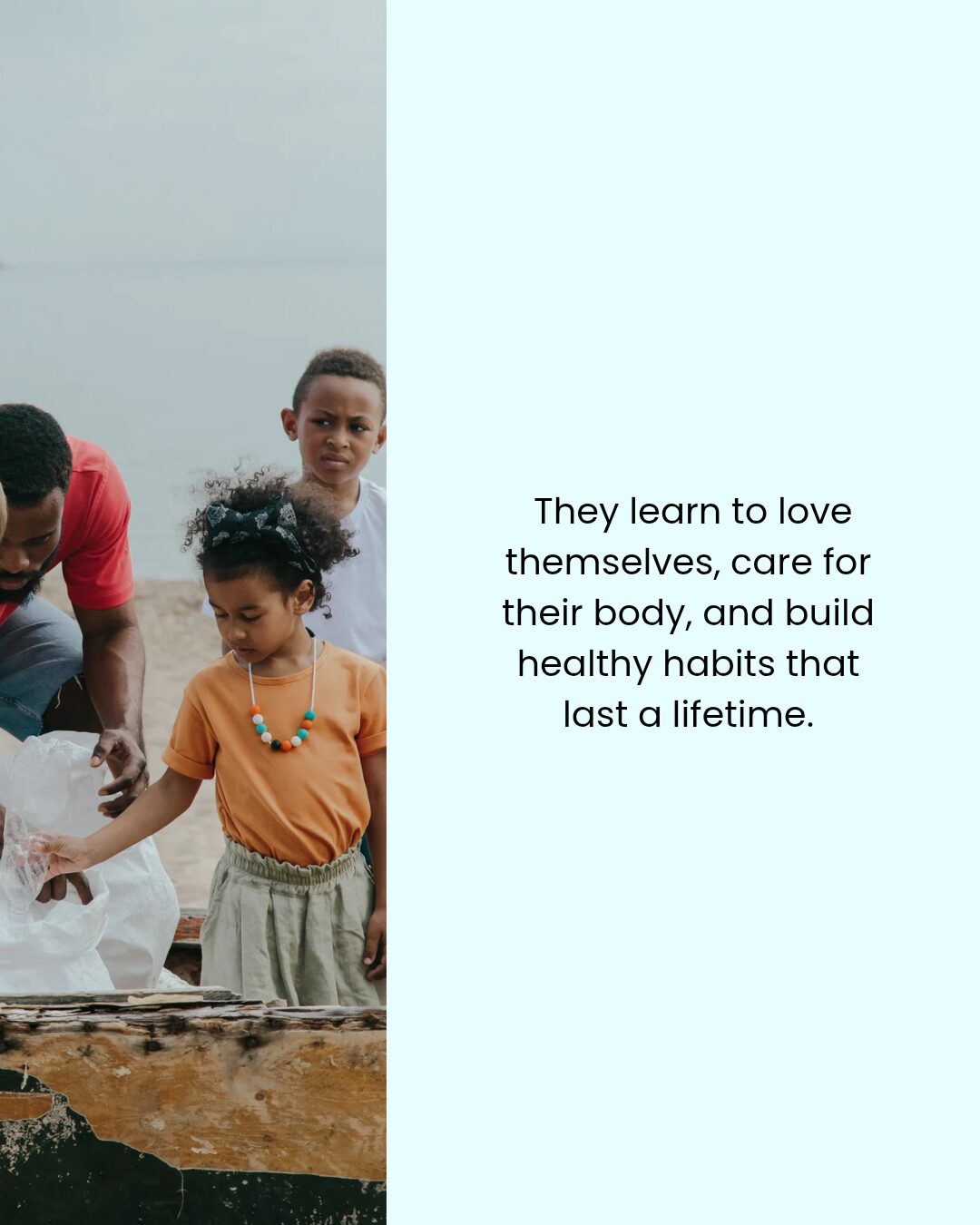How to Raise an Independent Child: 5 Habits Every Parent Should Know
Raising an independent child means teaching them to do things on their own so they can grow with confidence and emotional intelligence. In a world where distractions are constant and self-discipline is rare, children don’t need rules but practical routines and supportive spaces that encourage ownership and responsibility. If you want your child to be proactive at home and with their everyday lives, here’s how to begin:
1. Teach Self-Care as a Daily Habit
Self-care activities like teeth cleaning and body grooming are the foundation of independence. When children learn to care for their bodies, they begin to value themselves and build a sense of responsibility.
- Help them with visual checklists.
- Break routines into easy steps.
- Reinforce consistency with praise, not pressure.

2. Encourage Problem-Solving
Let them make small decisions—what to wear, how to organize their space, or even how to resolve a conflict with a sibling. Avoid swooping in to fix everything.
Use questions like
- “What do you think would work best here?”
- “How could you try it differently next time?”

3. Give Them a Space to Manage
Children feel more responsible when they have a physical space to care for. Please give them a room, a drawer, or even a section of the kitchen. Assigning them a “zone” helps build ownership and pride. Occasionally, enter their space with them.
- Organize together.
- Teach cleaning as a soft skill, not a punishment.
- Involve them in decorating or personalizing their space.

4. Model Emotional Independence
Talk about your feelings and show them how to calm down. When they see you managing stress or disappointment with care, they learn it too.
Use tools like
- Journaling,
- Quiet time,
- Naming emotions out loud.

5. Give Them Opportunities to Practice
This is where it all comes together. Children need real-world, age-appropriate experiences to apply what they’ve learned.
That’s exactly why we created the Self-care Essentials Summer Camp, a hands-on workshop for children aged 11–14 to build life skills in a fun, calm, and supportive environment.

About the Camp Self-Care Essentials: Myself & My Space
- August 11th–22nd, 2025
- SPA Pampering At Home, Ikeja
- Monday to Thursday, 10 am – 1 pm
Price: ₦35,000 per child
Includes: Materials, tools for hygiene, mindfulness activities & certificate of participation.

Got questions? Call or WhatsApp us on 0817 725 7790
For You, the Parent
When your child becomes more independent, you also get the chance to breathe. You do less nagging, less worrying, and more watching them grow with joy. Enrol them now, and watch your stress fade as they flourish.
We help high achievers enjoy improved productivity, renewed energy, and a better sense of calm.
Who are the high achievers you know that need a SPAH experience?

Book a massage session here.
Find us at Akinhami St, Idi Oro, Ikeja, Nigeria.
Explore SPAH
Follow us on Instagram
Follow us on twitter
